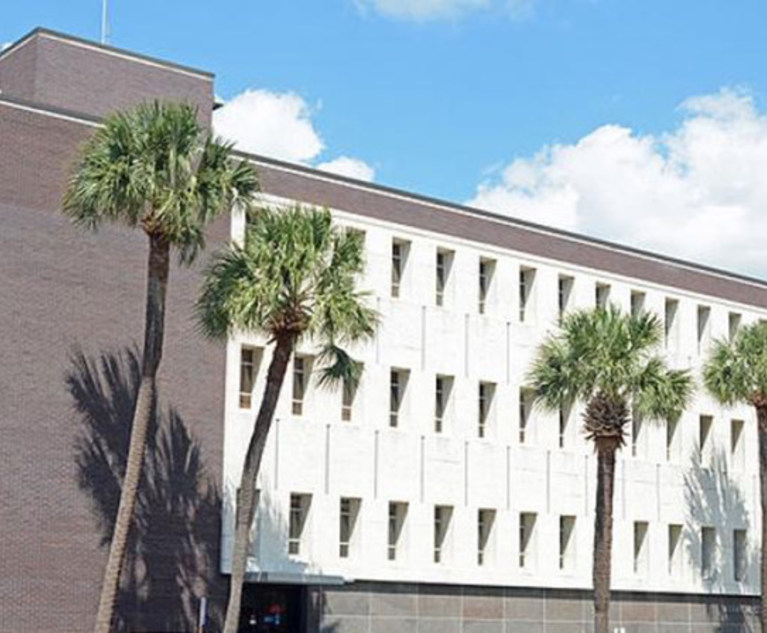The U.S. Department of Justice is battling historians and journalists over whether federal judges can unseal grand jury transcripts in old cases of historical significance.
The matter will be argued next month before all 12 judges of the U.S. Court of Appeals for the Eleventh Circuit in a case stemming from the 1946 lynching of two African American couples at the Moore’s Ford Bridge in Walton County, Georgia.


 Elbert P. Tuttle U.S. Court of Appeals Building, Atlanta. (Photo: Rebecca Breyer/ALM)
Elbert P. Tuttle U.S. Court of Appeals Building, Atlanta. (Photo: Rebecca Breyer/ALM)





